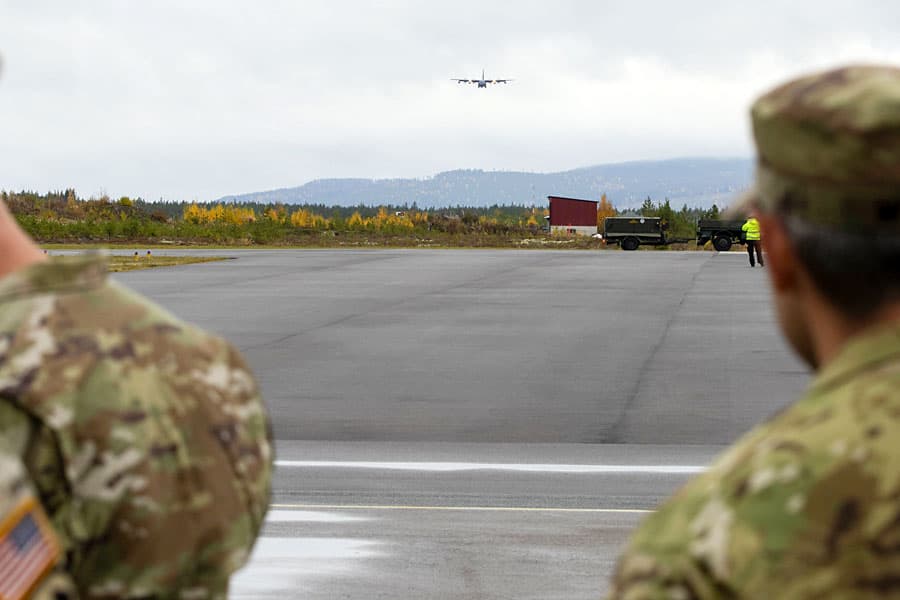An NCOER is a form that is used to document your performance over a specific period of time, usually one year. It should be written by the person who is overseeing your work. If you’re not sure what to write, brainstorm to come up with a list of accomplishments. Be sure to list any extra duties you did, training you’ve completed, or education you’ve received. You can also include awards and volunteer work.
A negative NCOER can limit your promotion potential and trigger the Army’s QMP process. For these reasons, it’s crucial to review your NCOer carefully and seek legal counsel. Army regulations governing NCOer appeals are AR 623-3, chapter 4. There are several ways to appeal for an NCOER rating. Here are some tips for a successful appeal.
Generally, promotion points are awarded for performance in a duty MOS. That means hard work well done is rewarded. As a result, recommending a soldier for a promotion is a great way to make your supervisor look good. Not only will your recommendation make your troop happy, but it will also make your Commander happy, too.
How often do NCOs get NCOERs?
The NCO-ER is a punishment for a lack of performance in a performance standard. It is not uncommon for rating officials to use it as a method for punishing substandard performers. However, this is not the only method. The Army’s standard for promotion points is based on performance standards.
The Department of the Army uses a form called the NCO Evaluation Report (NCOER) to rate the performance of its NCOs. These evaluations are given to NCOs in various ranks, from sergeant to command sergeant major. They display a summary of their performance and recommend duty positions at the next level. The NCOER process involves counseling as well. It provides information to the NCOs about their strengths and weaknesses, and the standards expected of them.
The Army publishes the NCOERs in their promotion points for Soldiers who earn fifteen or more promotion points in their duty MOS. The average NCOER is the same as that of a specialist. There are a few exceptions to this rule, such as time-in-grade requirements, or being a placeholder for E-4 status. However, it is important to remember that corporals are a rare rank in the Army. It is important to note that a corporal is in a special role within an organization, and can lead a team of three to six soldiers.
